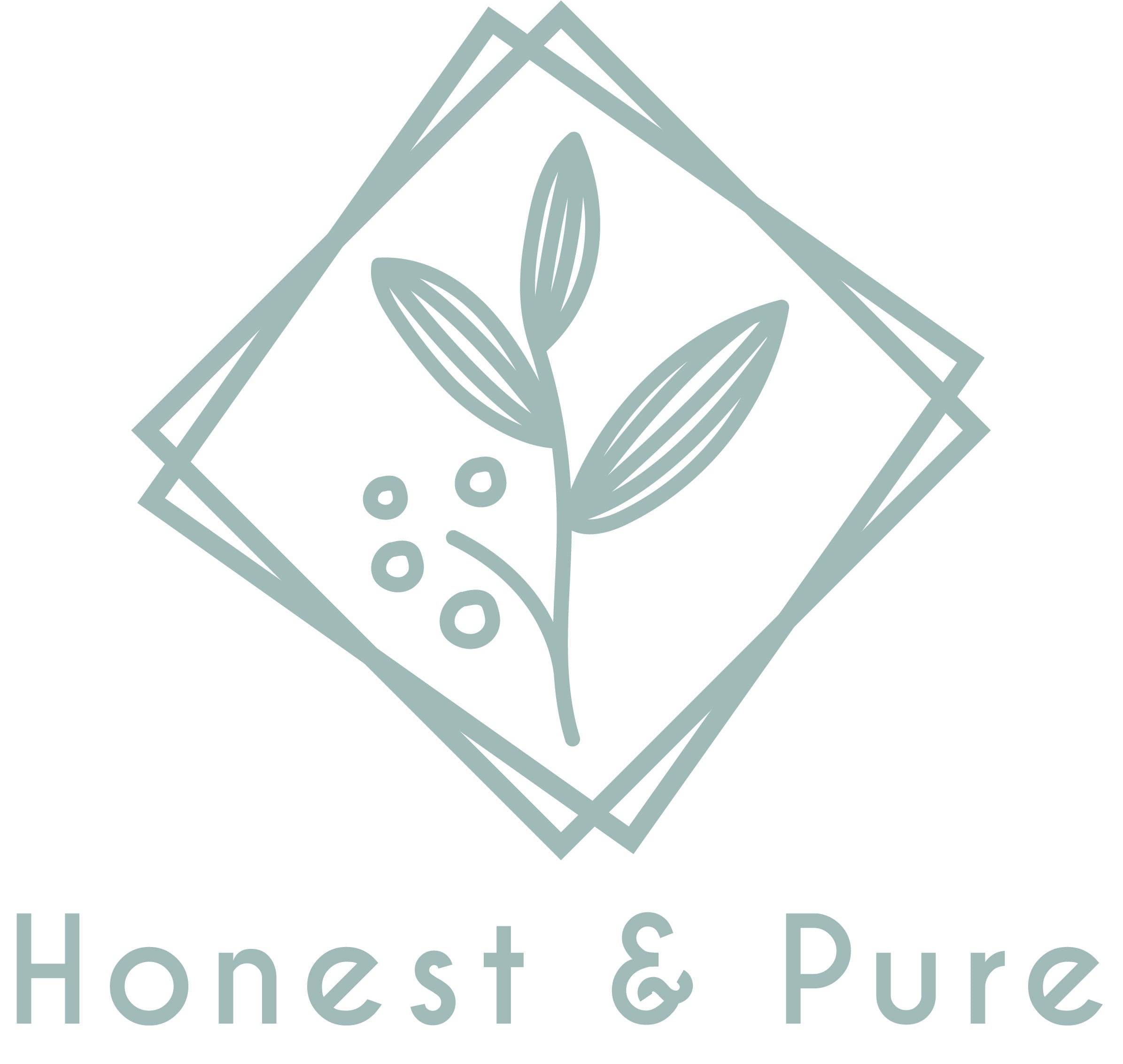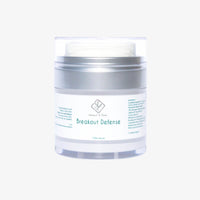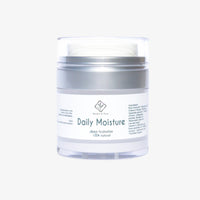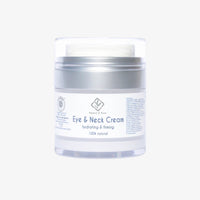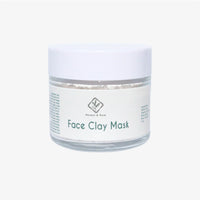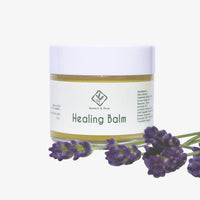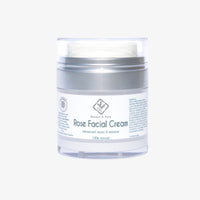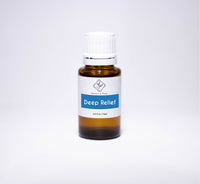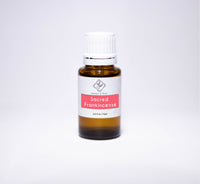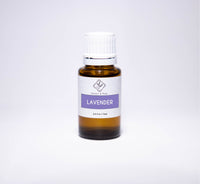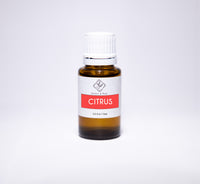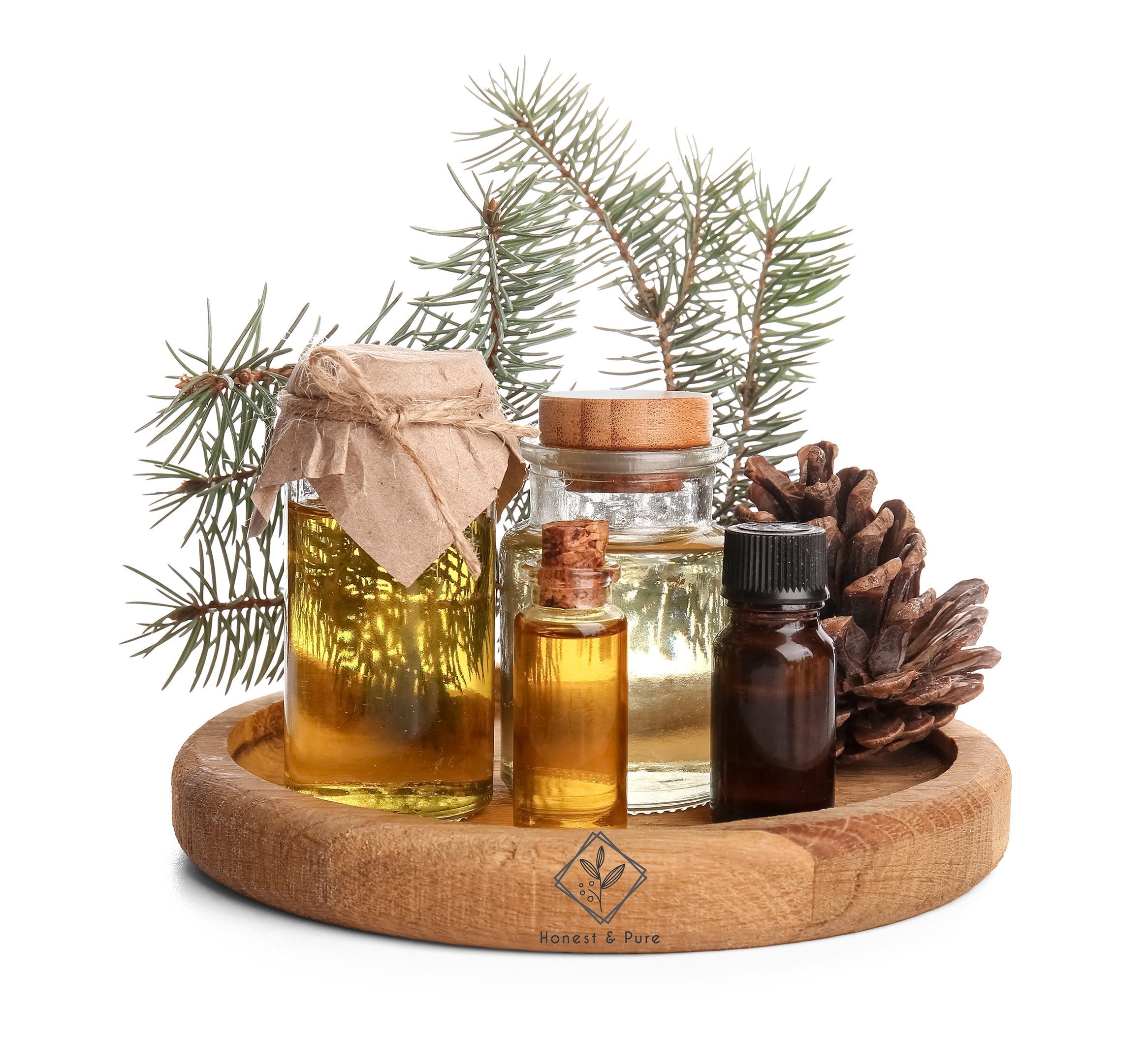
Do essential oils expire?
Do Essential Oils Expire? What You Need to Know About Shelf Life, Storage, and Safety
Essential oils have become an increasingly popular part of daily wellness routines. From boosting mood and enhancing sleep to cleaning surfaces and refreshing the air, these concentrated plant extracts are everywhere. But as you open a bottle of lavender you’ve had for a while, a question might cross your mind—do essential oils expire?
The short answer is yes, essential oils do expire. But their shelf life can vary dramatically depending on the type of oil, how it’s stored, and whether the bottle has been opened. Understanding how and why essential oils degrade over time is crucial not just for effectiveness, but also for safety.
In this blog, we’ll dive deep into:
-
What it means for essential oils to “expire”
-
Signs your essential oils have gone bad
-
How long different essential oils last
-
How to properly store them
-
Safety considerations when using older oils
-
And some FAQs to wrap it all up
What Does It Mean for an Essential Oil to Expire?
Essential oils don’t “go bad” in the same way as perishable food. They don’t develop mold, and you won’t find them rotting in the bottle. However, they oxidize and degrade over time due to exposure to air, heat, and light.
Oxidation: The Real Culprit
Oxidation is a chemical process where oxygen molecules interact with the compounds in the essential oil. This can alter the oil’s chemical structure, changing its scent, color, and therapeutic properties. In some cases, oxidized oils may even become irritating or sensitizing to the skin.
The degradation process varies by oil. Some oils are more prone to oxidation than others due to their chemical composition. For example:
-
Citrus oils (like lemon and sweet orange) contain a lot of limonene, which oxidizes quickly.
-
Resin-based oils (like myrrh or frankincense) are more stable and can last for years.
Shelf Life of Popular Essential Oils
Different essential oils have different shelf lives. Here's a general guide to how long some common oils last when stored properly:
| Type of Essential Oil | Average Shelf Life |
|---|---|
| Citrus oils (lemon, orange, bergamot) | 1 to 2 years |
| Leaf oils (eucalyptus, tea tree) | 2 to 3 years |
| Flower oils (lavender, chamomile, geranium) | 3 to 4 years |
| Wood oils (cedarwood, sandalwood) | 4 to 8 years |
| Resin oils (frankincense, myrrh) | 6 to 10+ years |
| Spice oils (clove, cinnamon, nutmeg) | 4 to 5 years |
Keep in mind these are estimates. Oils with higher monoterpene content (like citrus) oxidize faster, while those with more sesquiterpenes or resins tend to be more stable.
Signs That an Essential Oil Has Expired
Not sure if your bottle of peppermint is still good? Here are some telltale signs that an essential oil has passed its prime:
1. Change in Aroma
Fresh essential oils have a bright, clean scent. If the oil smells off, rancid, or stale, it’s likely oxidized.
2. Thicker or Cloudy Appearance
Some oils become thicker or develop cloudiness as they degrade. This is a sign of chemical changes taking place.
3. Color Change
If the oil has darkened or taken on a different hue, it could be a sign of oxidation or contamination.
4. Skin Reaction
An expired oil may cause irritation, redness, or sensitization if applied topically—even if it didn’t cause a reaction before.
How to Properly Store Essential Oils
Proper storage can dramatically extend the life of your essential oils. Here’s how to keep them fresh for as long as possible:
1. Use Dark Glass Bottles
Essential oils should always be stored in dark amber or cobalt blue bottles to protect them from UV light, which speeds up oxidation.
2. Keep Them Cool
Store your oils in a cool, dark place, ideally below 70°F (21°C). A cabinet away from windows or heat sources works well.
3. Limit Air Exposure
Always replace the cap tightly after use. Oxygen exposure accelerates degradation.
4. Avoid Cross-Contamination
Don’t touch the dropper or bottle opening with your fingers or allow water inside. This can introduce bacteria or moisture.
5. Consider Refrigeration
Some people refrigerate their oils—especially citrus oils—to slow oxidation. Just bring the bottle to room temperature before using.
Can You Still Use Expired Essential Oils?
That depends on what you mean by "use." Here are a few guidelines:
✔️ Safe Uses for Slightly Expired Oils
-
Cleaning: Expired oils can still be effective in household cleaners.
-
Diffusing (with caution): Mildly expired oils may be okay in diffusers, especially in well-ventilated areas.
-
Inhalation (for scent only): If the scent is pleasant, using it in potpourri or linen sprays is fine.
❌ Avoid These Uses
-
Topical Application: Expired oils can irritate or sensitize the skin.
-
Ingestion: You should never ingest essential oils unless under professional supervision—especially expired ones.
-
Aromatherapy for therapeutic use: If you're using oils for emotional support or wellness routines, stick to fresh oils.
Can Expired Essential Oils Be Revived?
Unfortunately, you can't reverse oxidation. Once an oil has degraded, its chemical profile has changed permanently. You might be able to mask the scent with another oil for cleaning purposes, but for therapeutic or topical uses, it's best to discard it.
What Happens Chemically When an Essential Oil Expires?
This is for the science lovers out there.
As essential oils oxidize, the chemical structure of their active components changes. For example:
-
Limonene, found in citrus oils, oxidizes into carveol and carvone—both of which can be skin irritants.
-
Terpenes break down into peroxides and other byproducts that may not only smell bad but can cause inflammation when applied.
Some oils even become pro-oxidant when expired, meaning they may contribute to oxidative stress rather than fight it.
This is why oxidation isn’t just about aroma or shelf life—it’s about safety, too.
Are There Preservatives in Essential Oils?
No, true essential oils should not contain preservatives. They are pure plant extracts. However, some commercial blends (especially in skincare or perfumes) may have added stabilizers or antioxidants like vitamin E to extend shelf life.
Frequently Asked Questions
Q: Can I freeze essential oils to make them last longer?
Yes, you can. Freezing won’t harm the oils and can actually slow oxidation. Just be sure to let them return to room temperature before use to avoid condensation.
Q: Is cloudy oil always bad?
Not always. Some oils naturally have cloudier appearances, especially resins. But if it used to be clear and now isn’t, that’s a red flag.
Q: Do blends expire faster than single oils?
Sometimes. Blends can degrade based on their most volatile component, especially if they contain citrus oils.
Q: Can I add anything to “refresh” an expired oil?
No, adding more oil or mixing it won’t reverse oxidation. However, expired oils can still be useful for cleaning or scenting non-sensitive spaces.
Final Thoughts: Respect the Oil
Essential oils are powerful, natural tools for wellness—but they aren't timeless. Like any natural product, they have a shelf life. Understanding how to recognize when your oils have expired, and knowing how to store them properly, will help you use them safely and effectively.
So next time you’re organizing your oil collection, take a moment to sniff, examine, and maybe even let go of those forgotten bottles from five years ago. Your body—and your nose—will thank you.
Have questions about a specific essential oil? Want help identifying if your oils are still good? Contact us today!
Written by Lena Isayev, B.A., C.A.
Share
